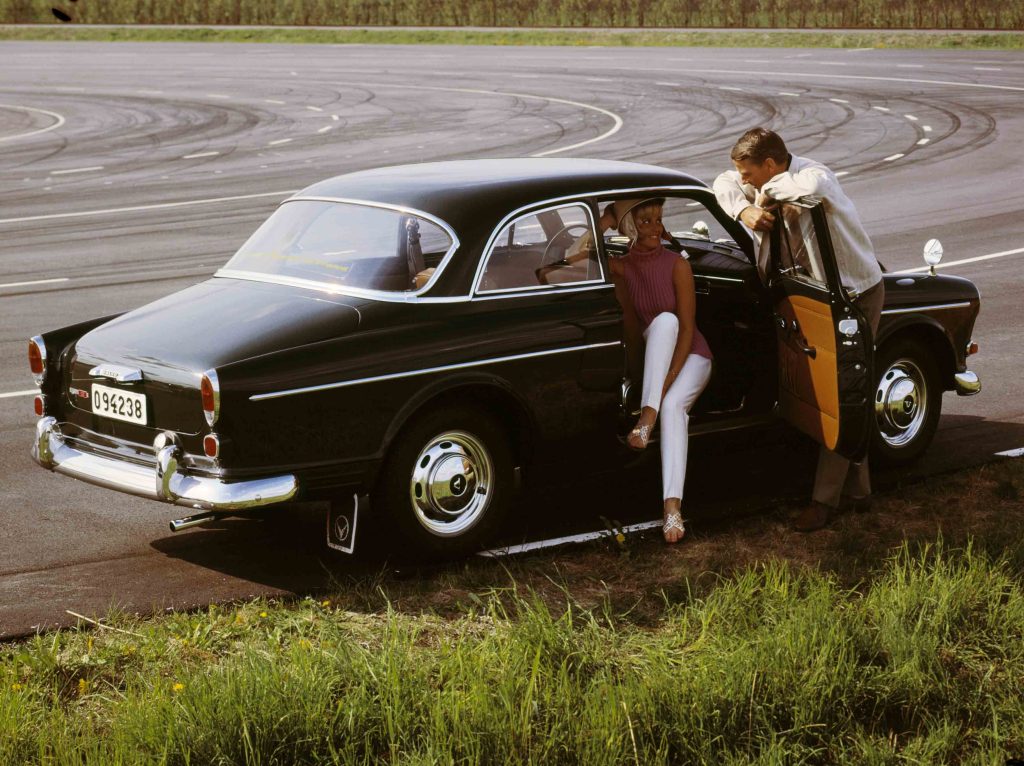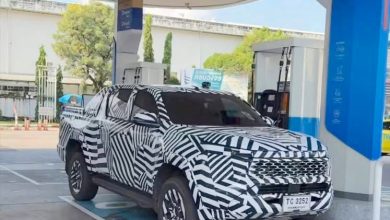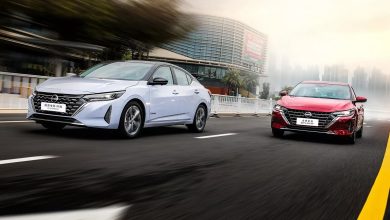Volvo Shifts EV Production To Belgium Ahead Of China Tariff Plans
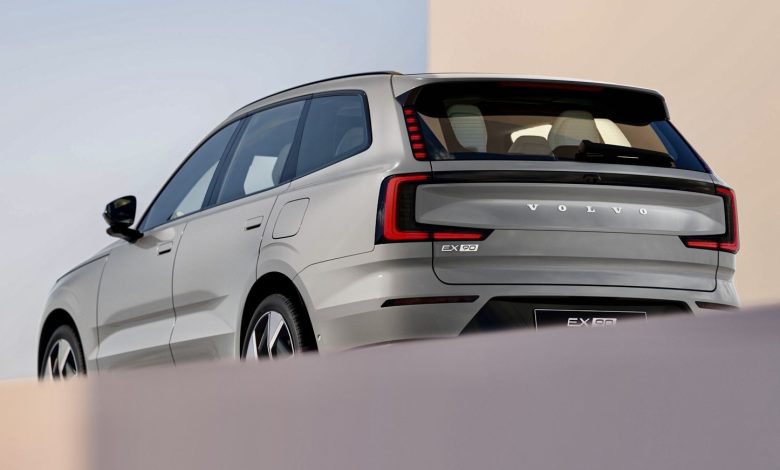
Volvo had also considered stopping sales of its Chinese-built EVs in Europe if tariffs were introduced.
Volvo has recently kickstarted plans to shift the manufacturing of its Chinese-made EVs to Belgium, ahead of the expectation for the European Union to soon impose tariffs on EVs made in China.
This current plan to shift the production of its EX30 and EX90 models from China to Belgium was apparently a compromise solution too, with The Times reporting that Volvo had previously considered halting sales of its Chinese-built EVs bound for Europe altogether, if tariffs were introduced. The report further added that manufacturing of certain Volvo models bound for the United Kingdom could also be moved to Belgium.
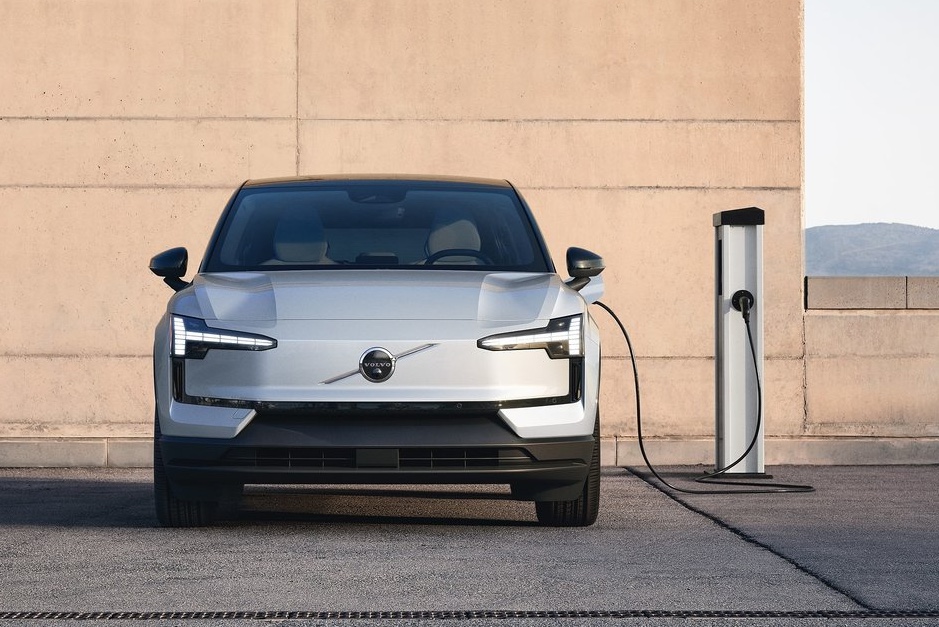
Trade frictions between the EU and China have led to a slate of anti-dumping probes launched against Beijing, amid allegations of unfair subsidies. The European Commission, which oversees trade policy in the 27-nation European Union, is currently expected to tell EV manufacturers in China as early as next week, whether it will impose provisional tariffs from the 4th of July, that would boost import duties above the current level of 10%.
Incidentally, Turkey has recently itself imposed a 40% additional tariff on imports of vehicles from China. This additional tax that has been set at a minimum of $7,000 (RM 33,000) per vehicle was rationalised by its trade ministry to halt a possible deterioration of its current account balance and protect domestic automakers.
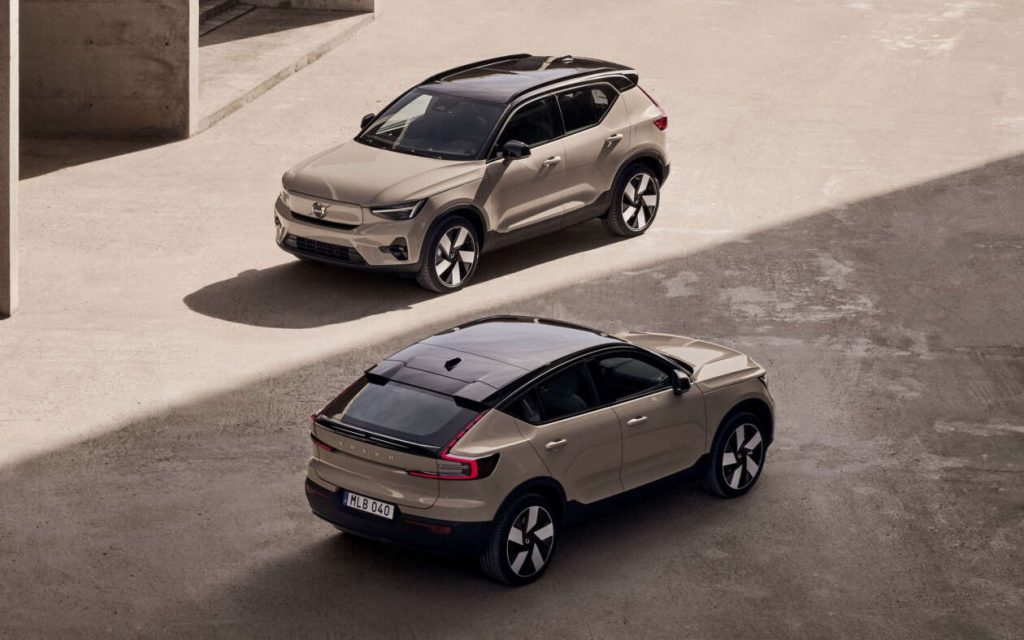
Now interestingly, it is worth highlighting here that Volvo had already previously announced plans to manufacture the EX30 compact e-crossover in Belgium back in late 2023. New from this report is nevertheless for its Ghent plant to also likely take on the production of its EX90 large e-SUV, which is currently only churned out at its Chengdu and South Carolina plants.
The Swedish automaker currently has three plants in China, where it currently produces a number of models (of both the ICE and EV variety) for worldwide export. As Volvo is currently owned by Chinese auto conglomerate Geely too, this historically European car marque is at present observed as among the most exposed among western auto brands to the potential tariffs imposed.
